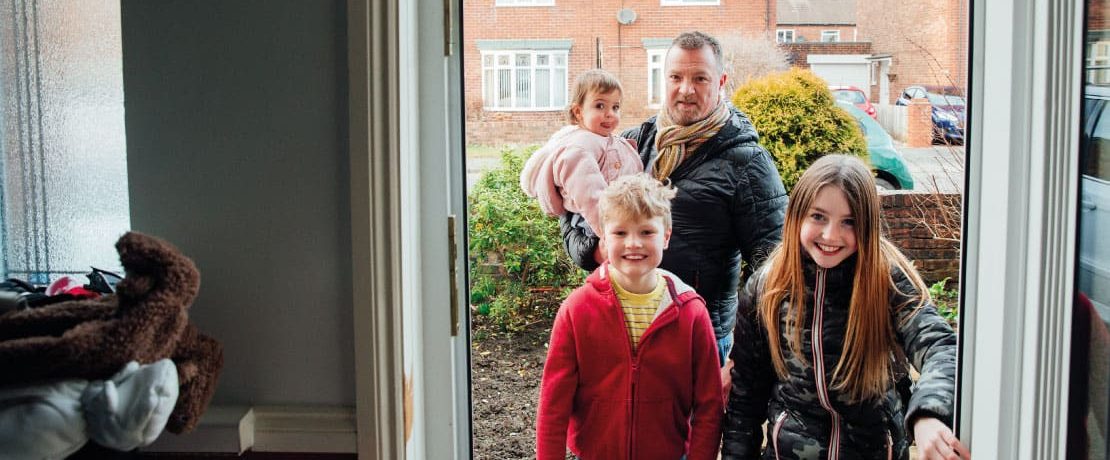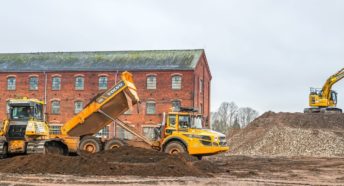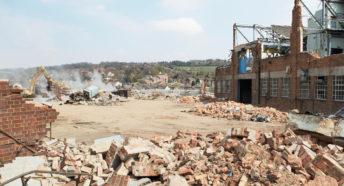Housing hustings: what, where and how?
Developing thriving rural communities and tackling the climate emergency are two of CPRE’s key concerns so we were proud to join a diverse coalition of organisations in co-ordinating the housing hustings for the 2019 general election. This challenged representatives of the main political parties on the housing affordability crisis and on how they would make sure housing helped move us to a zero carbon. You can watch the debate here.
Will Lock and Sam Camp, volunteers with the group Exmoor Young Voices, travelled to join CPRE in asking how the parties would tackle the specific housing challenges facing rural areas.
Dee Haas, chair of CPRE Hampshire, linked the two key challenges facing the next government: 14% of UK emissions come from energy use in our homes, and 80% of the buildings we will live in in 2050 already exist, so how can housing help tackle the climate emergency?
Will described his own experience of being unable to move out of a home now housing three generations of his family because there’s nowhere affordable for people like him. It’s particularly galling when 20% of homes on Exmoor sit vacant as holiday lets or second homes most of the year, even if they do bring in tourism money.
The choice is stark – stay in the family home or leave the area he has called home his entire life. Many have taken the latter option and Will is now the youngest person in his village at the age of 29, it’s the first time his family can remember that there being no school age children in the village, and services such as social care are no longer available as the village slowly fades. The nearest bus stop is nearly five miles away, so a car is a necessity, and another cost.
The answers from politicians didn’t quite get to the nub of the problem, but it was reassuring that they at least recognised that rural areas need particular solutions. For Labour, shadow housing secretary John Healey promised a presumption in favour of affordable homes in rural areas, closing permitted development loopholes and a national levy on second homes. Lib Dem, Tom Brake, proposed a council tax hike on second homes, new planning rules for change of use and a £5bn investment in bus services. Sian Berry’s Green Party would pursue new models of community land ownership to build the homes communities want and need. Luke Hall, Conservative Minister, proposed devolving more powers to local authorities, enhancing Green Belts and prioritising brownfield land.
Responding to Dee for the Green Party, Sian Berry described retrofitting as the infrastructure project of the century, and a necessity regardless of who was in power. Labour’s shadow housing secretary John Healey called for public housing to lead the way as the best choice, not a last resort, and offered grant funding for the poorest to retrofit their homes and interest-free loans for those that could afford it.
Conservative Luke Hall promised world-leading energy efficiency standards and to empower local authorities with net-zero plans to hold developers to account. Tom Brake of the Lib Dems, said his party would rapidly scale up energy efficiency programmes, learning from past mistakes, to insulate homes of all those in fuel poverty by 2025 and the rest of the country by 2030.
From questions asked, it was clear that there are many areas where policy isn’t working for people whether in towns, cities or the countryside. Encouragingly, the responses from these party representatives suggest there is considerable consensus on what the solutions must be. The housing crisis remains a cross-sector challenge, requiring cross-party solutions.








